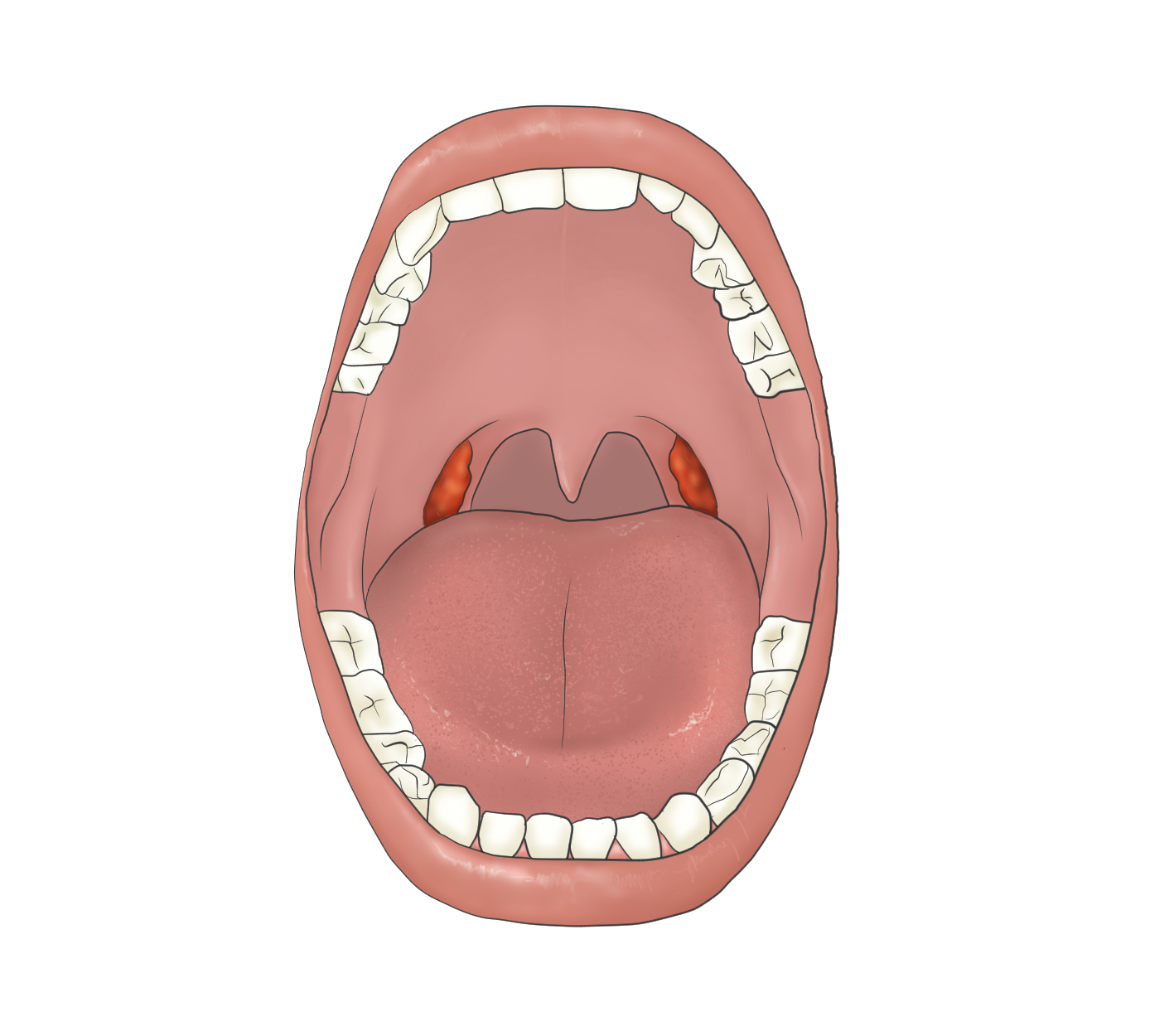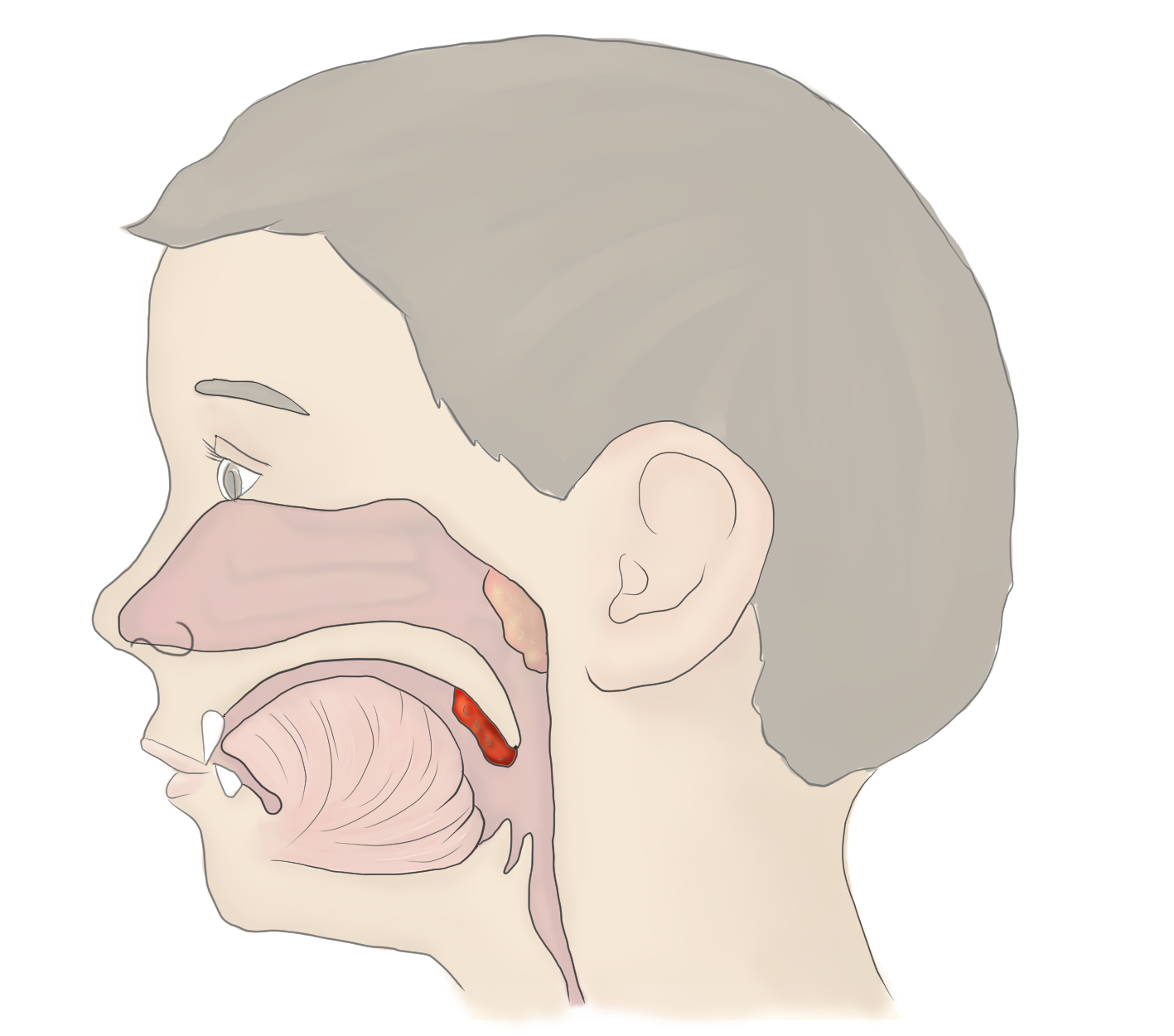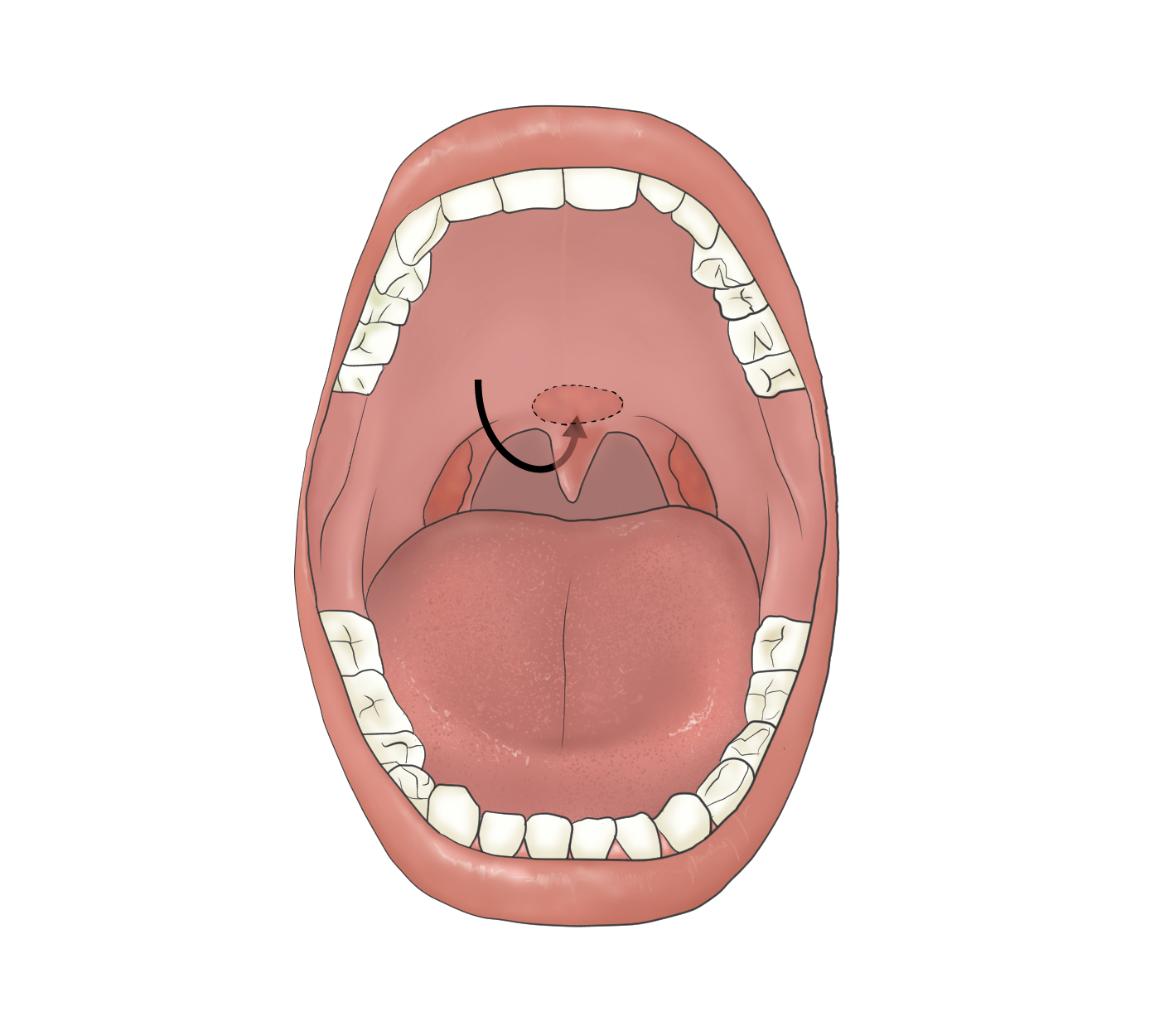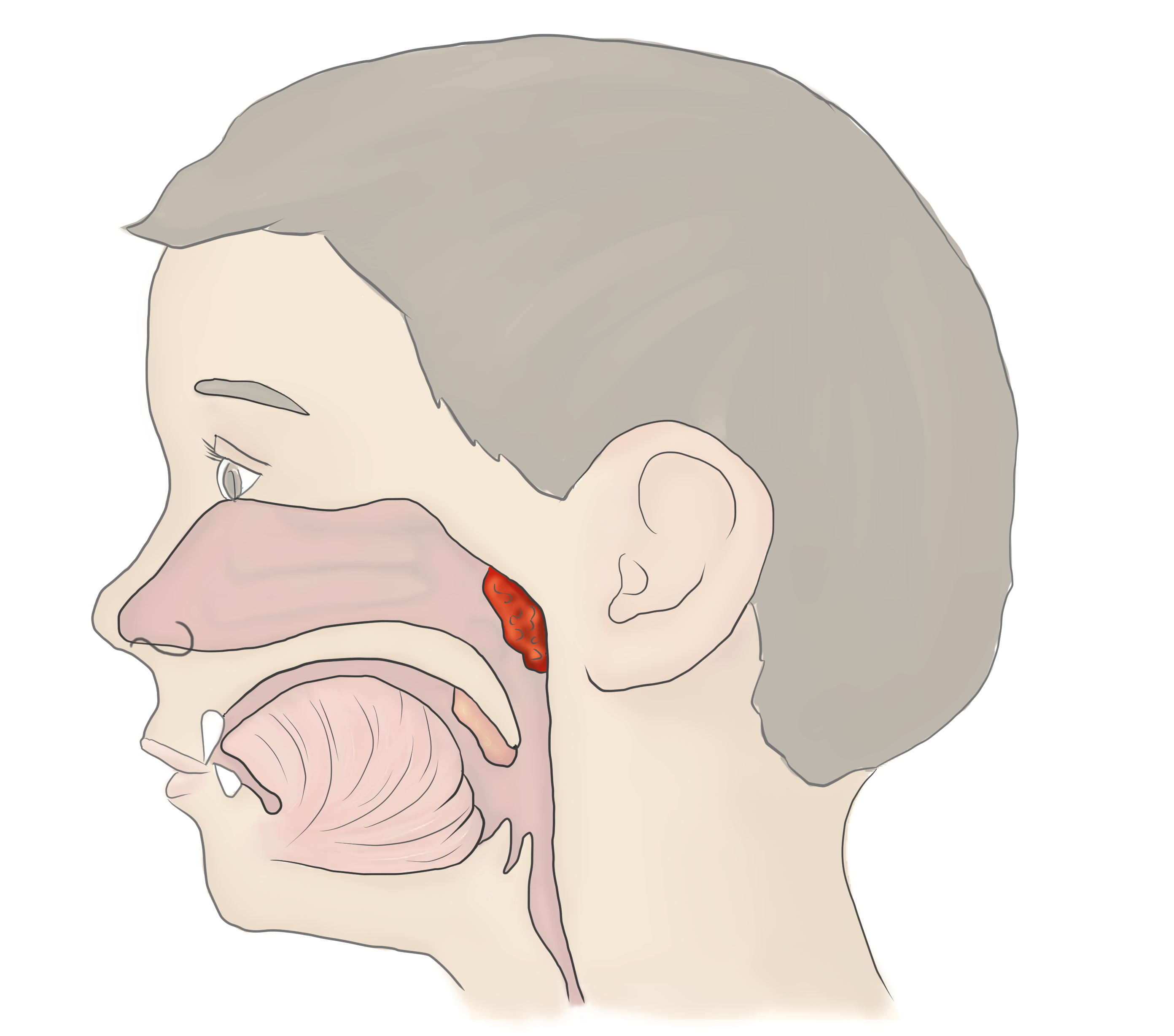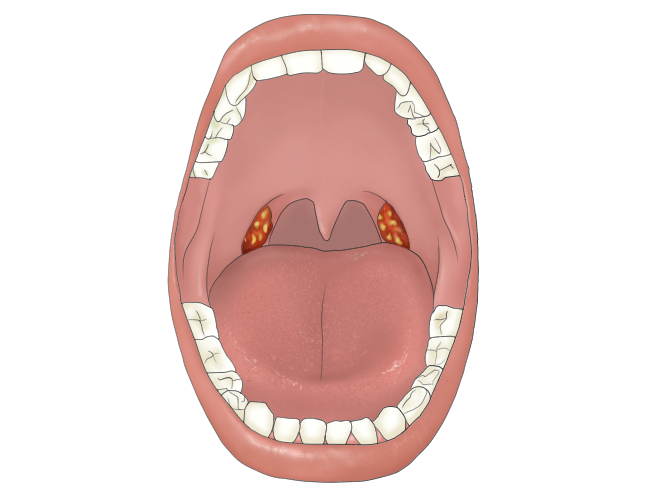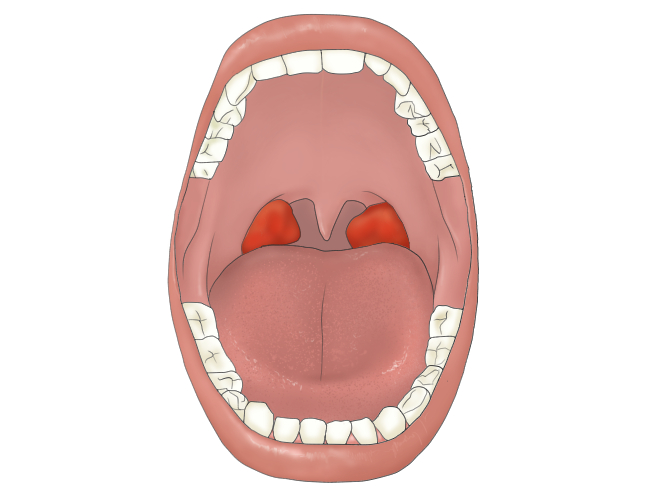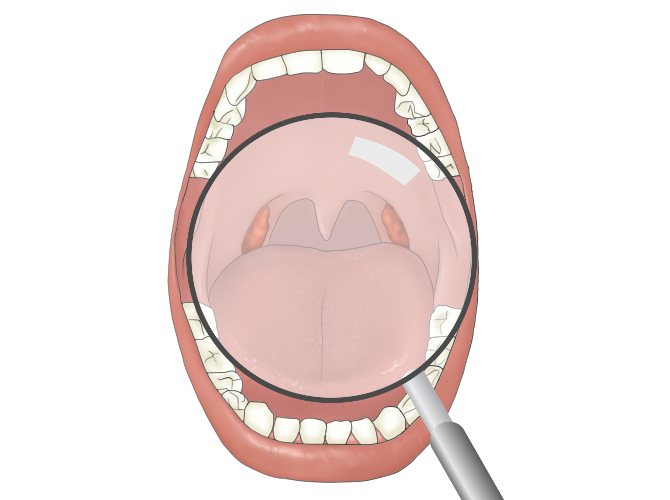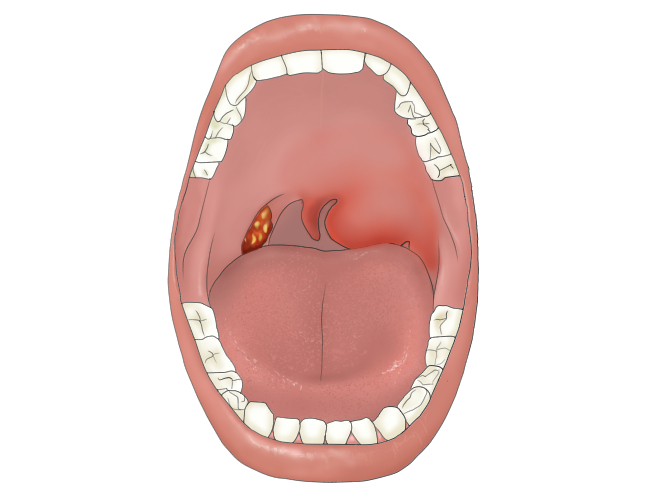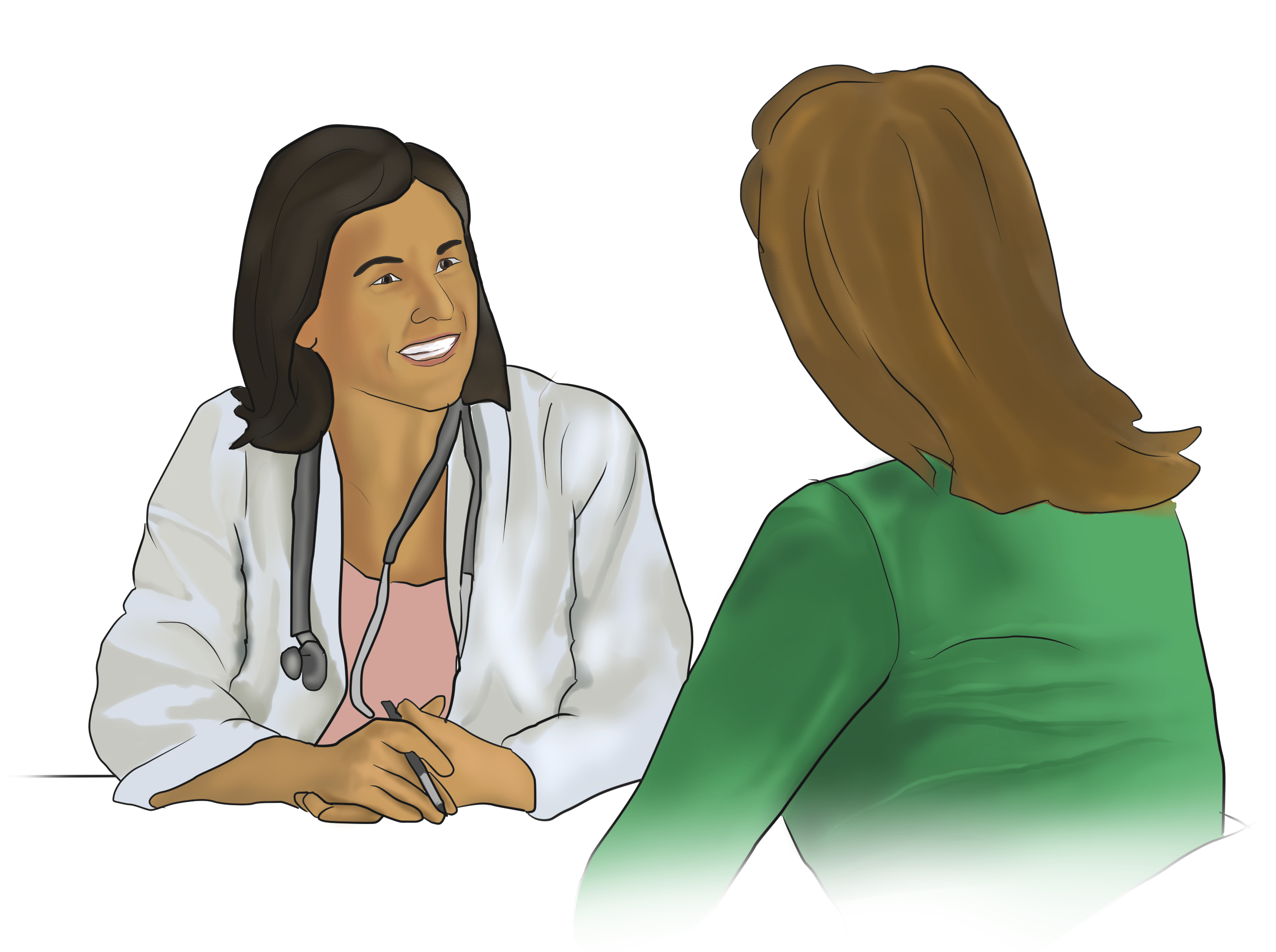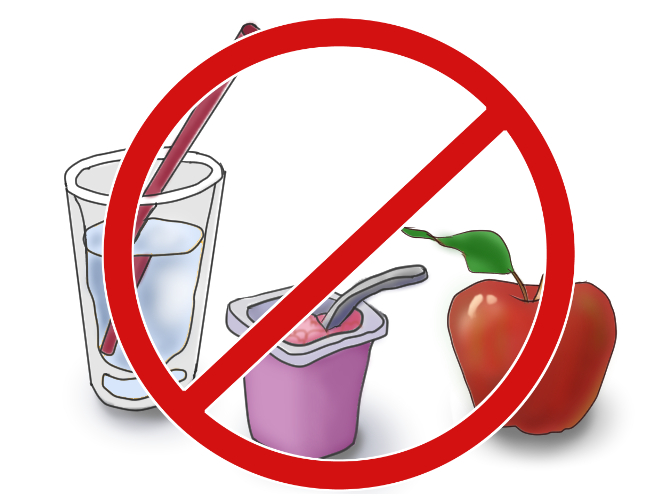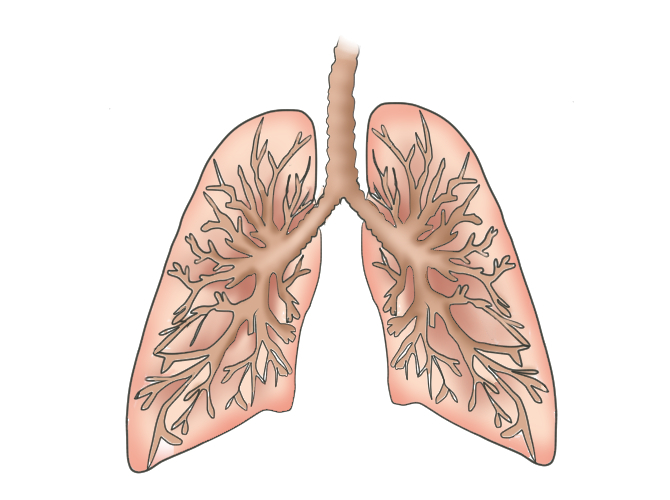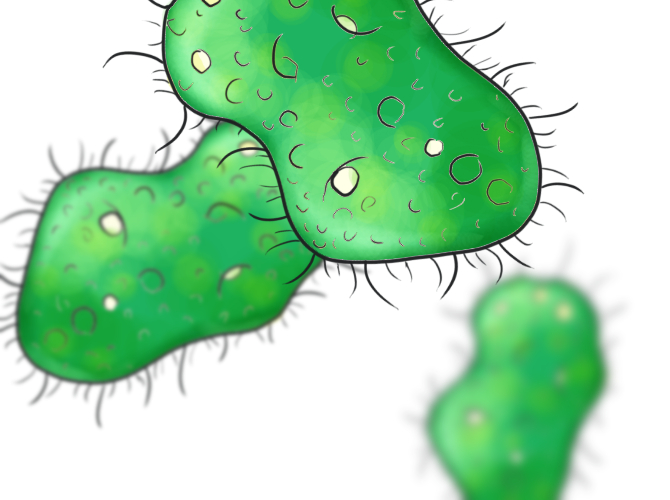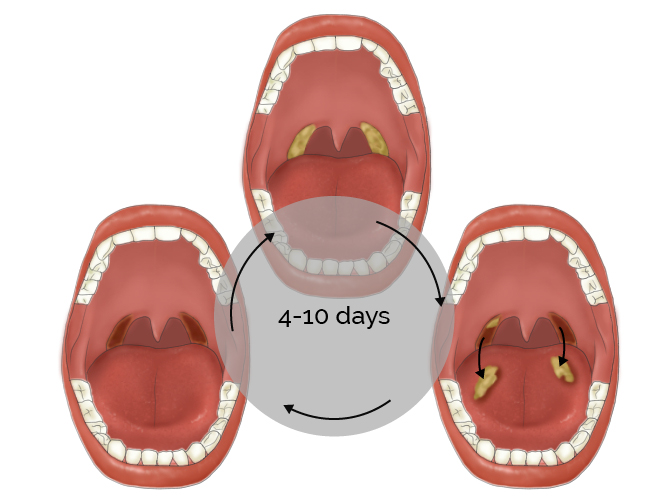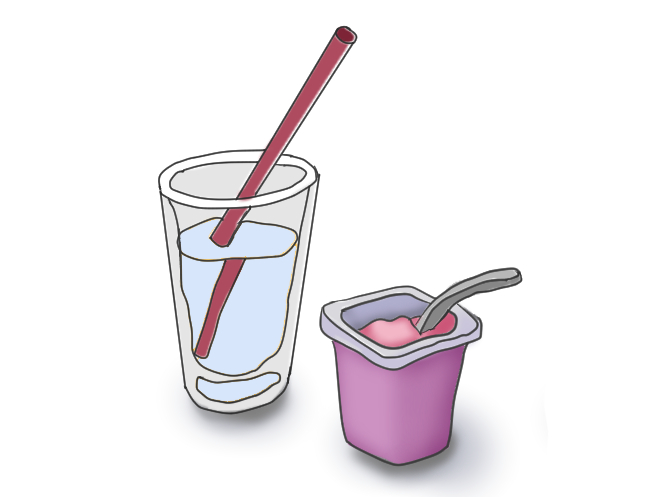Tonsillectomy or Adenotonsillectomy Patient Resource
This resource will help you understand the process of going through a tonsillectomy or adenotonsillectomy.
The video below will give an overview of what to expect.
Tonsillectomy/Adenotonsillectomy Overview Video
Text Version
This introduction will give you an overview of your upcoming tonsillectomy or adenotonsillectomy. A tonsillectomy is a surgical procedure where the tonsils are removed. An adenotonsillectomy means that both the tonsils and the adenoids are removed.
Your tonsils are located beside your tongue. Your adenoids are hidden from view at the back of the nose. The tonsils and adenoids are part of your body’s immune system. However, sometimes our tonsils and adenoids can cause us problems. The tonsils or adenoids may have to be taken out when they are enlarged, or frequently infected. These are two of the many reasons you may need this surgery.
On the day of surgery, you will arrive at the hospital. The person who comes with you will stay in the waiting room. Depending on the hospital and age of the child, a parent may bring their child into the operating room. Next, you will go into an operating room and lie down on an operating bed. The anaesthesiologist, who is a specialist doctor, will put you to sleep so you don’t feel anything during surgery.
The surgeon will open your mouth and will locate where the tonsils meet the side of the throat. A special tool is used to remove the tonsils. If the adenoids need to be removed, they are taken out before the tonsils. Usually, you do not need stitches.
Once the surgery is done, the anesthesiologist will wake you back up. You will be moved to the recovery room. Some patients, such as young children, will stay in the hospital overnight. Many patients go home the same day.
After surgery, your throat will be sore, and this can last for 1-2 weeks. The area where your tonsils used to be may turn a white color. The scabs that form should come off naturally in small or large pieces four to ten days after surgery.
If you are worried about any bleeding, or have any other concerns, it is important that you, or your parents, talk to your doctor, or go to the nearest Emergency room. It is also very important that you stay well hydrated after your surgery. Please look at our website for additional information. Good luck during your upcoming surgery!

